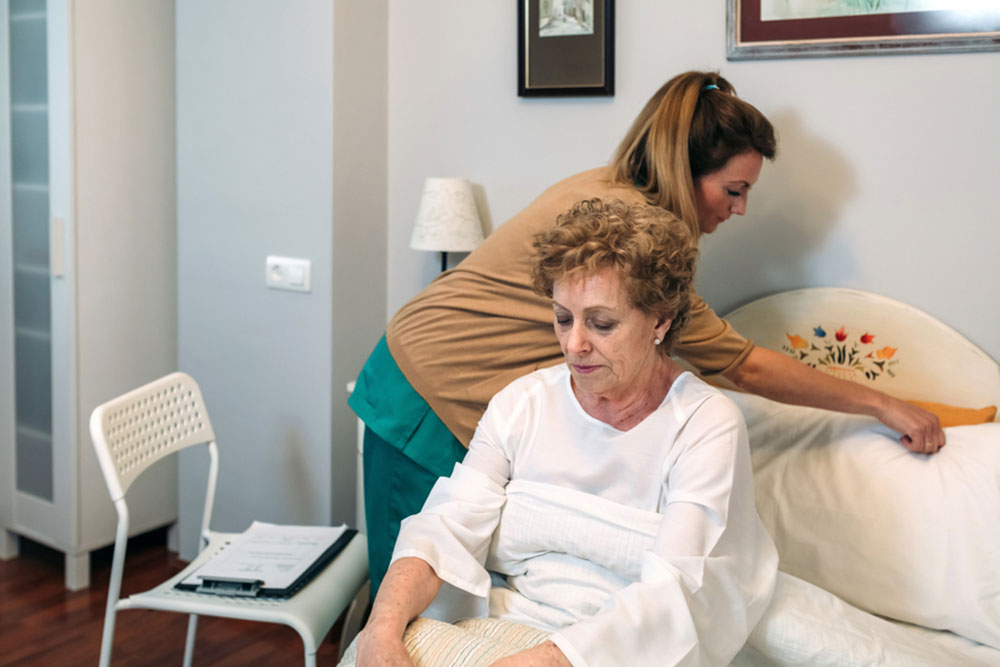Effective Strategies for SMA Patients and Caregivers to Foster Strong Relationships
This article offers practical advice for SMA patients and their caregivers to build strong, healthy relationships. Key tips include communicating schedule changes in advance, clearly expressing needs, and promptly resolving disagreements. Effective communication and mutual understanding are essential for successful caregiving. Whether the caregiver is a family member, friend, or professional, maintaining a respectful, open line of dialogue helps foster trust and cooperation, ensuring the patient's well-being. These strategies support a positive environment for both patients and caregivers, promoting better quality of life and caregiver satisfaction.

Effective Strategies for SMA Patients and Caregivers to Foster Strong Relationships
The bond between individuals with spinal muscular atrophy (SMA) and their caretakers is built on mutual understanding. Recognizing that both parties have unique needs is essential for a harmonious relationship. Whether the caregiver is a family member, friend, or hired professional, maintaining open communication is crucial. Here are three key tips for SMA patients to strengthen their relationship with their caretakers:
Notify about schedule modifications ahead of time
SMA patients should make it a point to inform their caregivers about any changes in their routine well before they happen. This allows caregivers to adjust their plans accordingly, respecting their own commitments and schedules.
Sudden changes without notice can disrupt the caregiver's routine and other responsibilities. Clear communication ensures smooth coordination and respect for everyone's time.
Express your needs openly
When working with hired caregivers or professionals, it's vital to share detailed information about your specific requirements, capabilities, and limitations. Providing clarity on daily tasks and routines enables caregivers to support effectively. If you have preferences or do things a certain way, communicate this upfront for better assistance.
Open dialogue is the foundation of proper care. Keeping caregivers informed about your needs helps them deliver tailored support and fosters trust.
Address conflicts promptly
Disagreements or misunderstandings with caregivers are normal, especially with friends or family members involved. It's important to resolve conflicts quickly through honest and respectful communication. Working together to find solutions maintains a positive atmosphere and support system.
Note:
Our blog provides diverse and insightful information on health and caregiving topics. While we encourage readers to utilize our research and data for better understanding, please note that articles should not be considered definitive. The site cannot be responsible for discrepancies or inaccuracies across other sources. Additionally, some programs and offers may not be included here that could benefit you more than those we mention.










